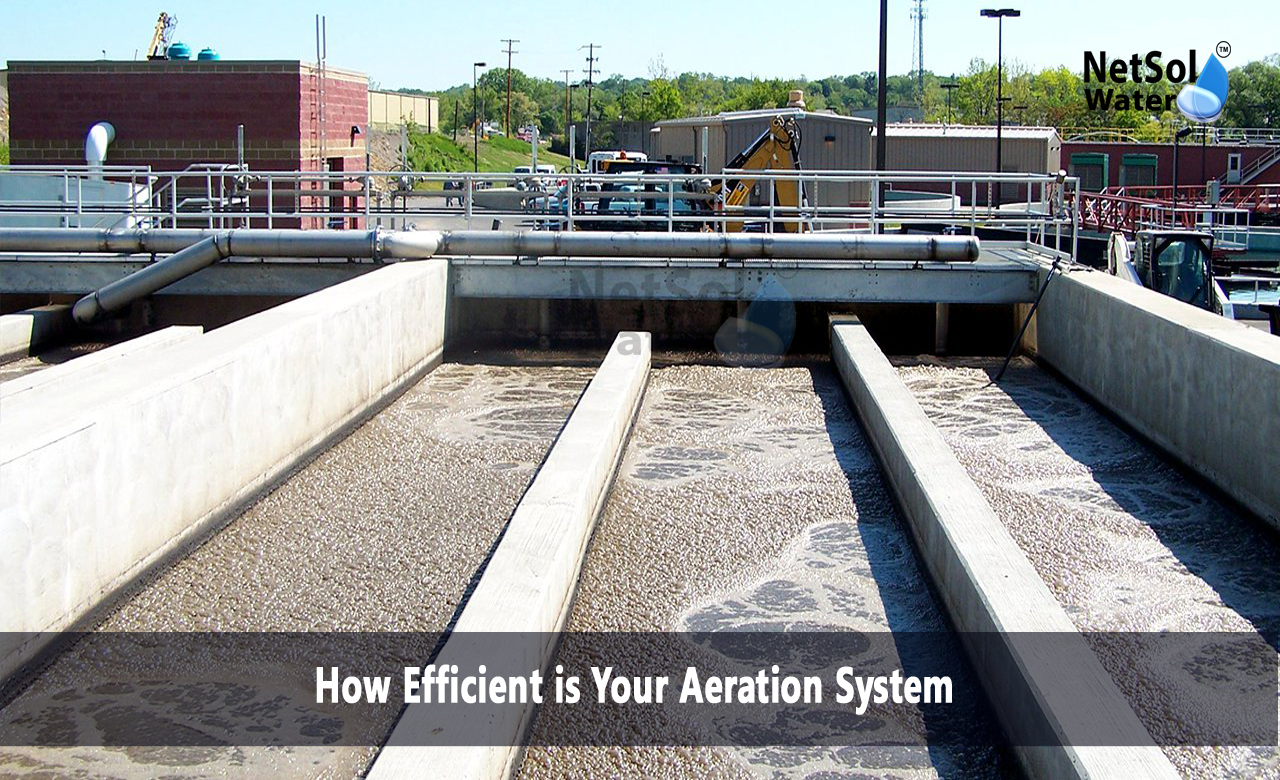How Efficient is Your Aeration System?
An aeration system acts as the lungs of your wastewater treatment process. This system brings oxygen to the microscopic organisms that clean your water. The performance of your aeration equipment impacts both your treatment results and your energy costs. Most treatment plants spend 45 to 75 percent of their total energy on aeration. Your plant needs the right amount of oxygen to meet regulations and keep microorganisms happy. But too much aeration wastes power and money. This makes it essential to understand if your system works well. A properly working aeration system helps you save money on power bills. It also keeps your treatment process running smoothly.
We will help you learn about aeration system efficiency. You will discover ways to check your system performance and find areas for improvement. Understanding these concepts will help you make smart choices about operating and upgrading your equipment.
Aeration Basics
The foundation of wastewater treatment depends on how well oxygen moves through your system. Aeration equipment must transfer the right amount of oxygen into the water. This oxygen keeps helpful bacteria alive so they can break down waste. Your system needs to match oxygen supply with demand throughout the day. Different types of aeration systems exist for this purpose. Surface aerators splash water into the air to capture oxygen. Meanwhile diffused air systems push bubbles through special membranes at the bottom of tanks. Each type has its own benefits and challenges that affect how well it works. Let us look at the key parts that make up an efficient aeration system.
Design Factors
The size and shape of your tanks affect how oxygen moves through the water. Tank depth determines how long air bubbles stay in contact with the water. The placement of diffusers or surface aerators also matters. Good design helps oxygen reach all areas without creating dead zones. Your system must handle changing loads as wastewater flow changes during the day.
Equipment Selection
Different types of blowers and diffusers suit different needs. The right match depends on your specific treatment requirements. Coarse bubble diffusers work well for mixing but transfer less oxygen than fine bubble types. High-speed turbo blowers often use less energy than traditional designs. Modern control systems help equipment adjust to changing conditions automatically.
Maintenance Impact
Regular cleaning and part replacement keeps equipment working at its best. Diffuser membranes can clog over time which blocks air flow. Blower filters need cleaning to maintain proper air pressure. Surface aerator motors and bearings wear down which affects splash patterns. A good maintenance plan prevents these issues from hurting system performance.
Measuring System Performance
You need clear ways to check if your aeration system works well. Testing helps you find problems early before they affect treatment or waste energy. Regular monitoring shows trends in how your system performs over time. Let us explore the main ways to measure aeration efficiency.
Dissolved Oxygen Testing
Checking oxygen levels in different tank zones shows if air distributes evenly. Portable meters help you spot areas that get too much or too little oxygen. Testing at different times reveals how well your system handles changing loads. Recording this data helps track seasonal changes in oxygen needs.
Power Usage Analysis
Tracking how much electricity your blowers use compared to oxygen transfer rates matters. This shows the energy cost of adding each pound of oxygen to your system. Power monitoring equipment connects to your control system to log this data. Comparing power use between similar systems helps spot opportunities to save energy.
Process Performance Indicators
Treatment results give clues about aeration system health. Poor oxygen transfer can slow down waste breakdown. This shows up in test results for things like BOD removal. Foam or odour problems might mean parts of your tank lack enough mixing. Regular testing helps catch these issues early.
Optimization Strategies
Making your aeration system work better starts with understanding current performance. Small changes in operation can lead to big improvements in efficiency. A systematic approach helps you find the best ways to optimize your specific system. Let us examine proven methods to enhance aeration performance.
Operational Adjustments: Changing blower speeds based on actual oxygen demand saves power. Modern controls use sensors to adjust air flow automatically. Running equipment at lower speeds during low-load periods cuts energy use. Simple timer adjustments help match aeration to predictable daily patterns.
Equipment Upgrades: New technology often pays for itself through energy savings. High-efficiency blowers use advanced designs to move more air with less power. Better diffuser materials resist clogging which maintains performance longer. Adding automated controls helps operators make better decisions about running equipment.
System Monitoring: Keeping track of key measurements helps spot problems quickly. Online monitoring shows real-time dissolved oxygen levels. Power meters track energy use trends over time. Regular testing confirms that changes actually improve performance. Good records help plan maintenance and future upgrades.
Take Action for Better Water Treatment:
Your aeration system affects both treatment quality and operating costs. We help treatment plants check their aeration efficiency and find ways to improve. Our team brings years of experience with different types of equipment and applications. Contact us today to schedule an evaluation of your aeration system performance. We will work with you to develop practical solutions that save energy while maintaining treatment goals.
Netsol Water is Greater Noida-based leading water & wastewater treatment plant manufacturer. We are industry's most demanding company based on client review and work quality. We are known as best commercial RO plant manufacturers, industrial RO plant manufacturer, sewage treatment plant manufacturer, Water Softener Plant Manufacturers and effluent treatment plant manufacturers. Apart from this 24x7 customer support is our USP. Call on +91-9650608473, or write us at enquiry@netsolwater.com for any support, inquiry or product-purchase related query.



